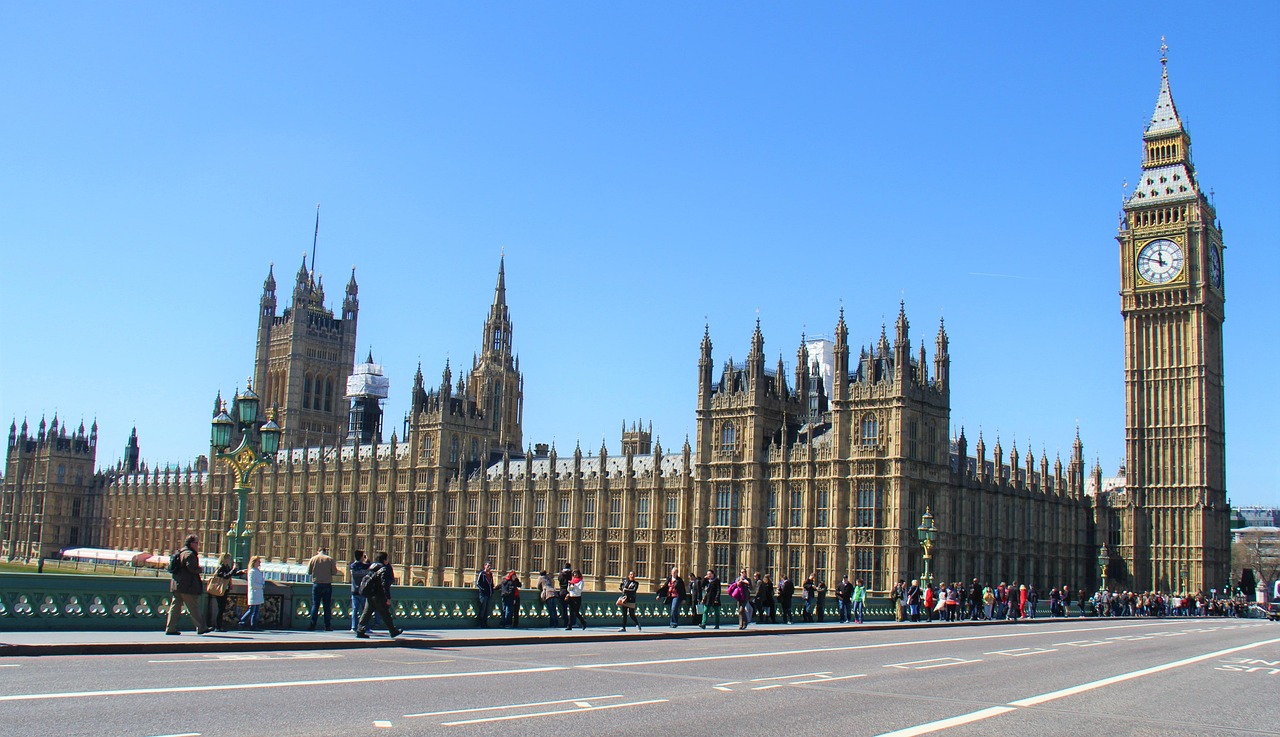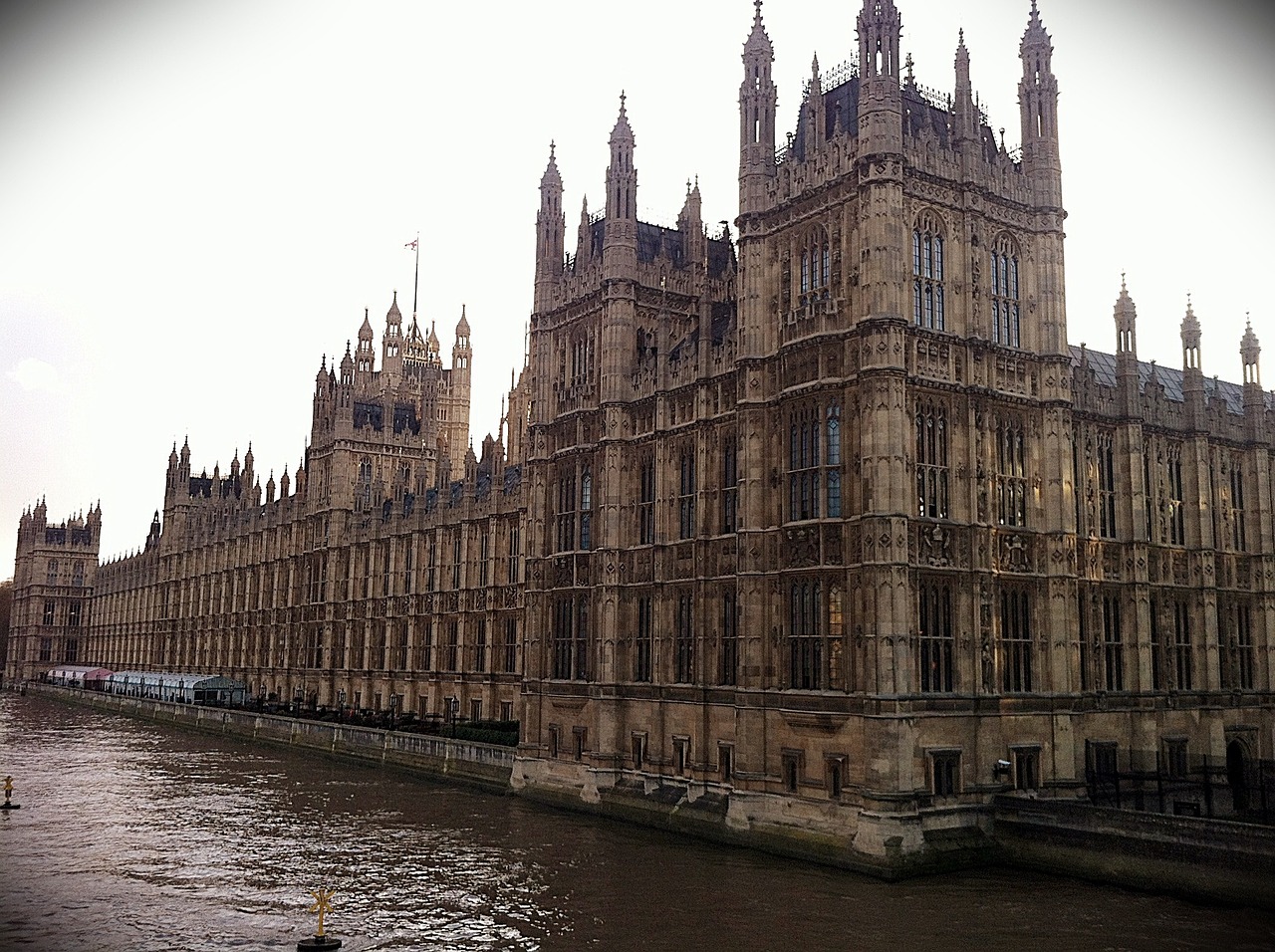
Cash flow is the lifeblood of any business. Without it, even profitable businesses can run into trouble. Yet many business owners, and even some finance teams, treat cash flow as a monthly or quarterly review item. That’s a mistake.

For many small and medium-sized business owners, bookkeeping, payroll and VAT returns are seen as a necessary part of their routine. These tasks are essential, but in terms of shaping your business, they can only tell you what has already happened.

The Autumn Budget will be delivered on 26 November, but the Chancellor’s recent speech in Liverpool gave us some useful hints about what could be on the table.

The Competition and Markets Authority (CMA) has published its latest monitoring report on fuel prices, highlighting increases in both pump prices and retailer margins.

The government has announced its plan to introduce a new digital ID scheme, which will become the standard way to complete Right to Work checks by the end of the current Parliament.

Amazon is set to close all 19 of its UK Amazon Fresh grocery stores less than five years after launching the till-free sites in London. Five of the stores may be converted into Whole Foods outlets, another grocery brand owned by Amazon.

Cyber incidents continue to feature in the news headlines, with airports now joining large UK retailers and manufacturers in experiencing serious disruption to supply chains and services.

The Chancellor of the Exchequer, Rachel Reeves, hosted US Treasury Secretary Scott Bessent at Downing Street recently for a joint industry roundtable. The meeting reaffirmed the close ties between London and New York as leading global financial centres and announced the creation of a new Transatlantic Taskforce for Markets of the Future.

The Office for National Statistics (ONS) reported last week that the annual inflation rate for August 2025 was 3.8%, unchanged from July.

From April, people drawing the state pension may see an increase of more than £500 a year, thanks to the government’s triple lock guarantee. The policy means the pension rises each year by whichever is higher: 2.5%, inflation, or average wage growth.

Small businesses looking to expand premises could soon find it easier following new government commitments to make business rates fairer. An interim report from the Treasury says that the Chancellor will examine ways to tackle “cliff edges” in the system - sudden jumps in rates that can discourage investment.

From October 2025, businesses that fall under the UK’s Extended Producer Responsibility for packaging (pEPR) scheme will receive their first invoices, covering the period from 1 April 2025 to 31 March 2026.

The Financial Conduct Authority (FCA) has launched proposals that could see the £100 limit on contactless card payments raised - or even removed altogether. If agreed, shoppers may soon be able to pay for larger supermarket trips or restaurant bills with just a tap, without needing to enter a PIN.

Cyber-attacks are on the increase, and smaller businesses are by no means immune. Have you been the victim of an online scam or cyber-attack? Or worried that something like that may happen?

Aldi introduced a pay boost last week for its store assistants that will see their pay rise to at least £13.02 per hour nationwide, making it the first UK supermarket to pass the £13 mark. Within the M25, rates will start at £14.35, rising to £14.66 with length of service. All staff, regardless of age, will receive the same minimum rate – well above the new National Living Wage of £12.21.










